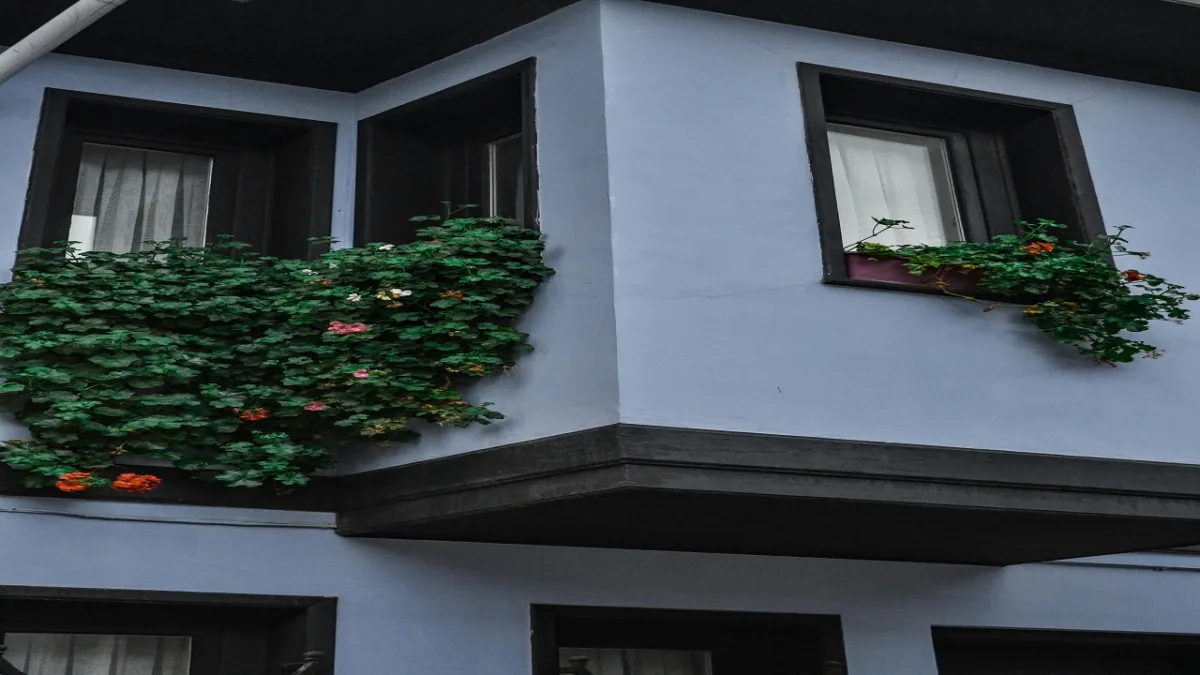Urban Gardening has become well known as additional individuals search for lifestyle choices in an all the more harmless to the ecosystem way. Many individuals are finding that they can develop their own food, despite the fact that they live in occupied towns with no place for gardens.
Individuals who live in urban areas can associate with nature, help the climate, and appreciate new, local food right from their patios, rooftops, or little spots by establishing in urban communities.
This article talks about how to start your own urban garden, even if you don’t have a lot of room. Growing your own food in the city has many benefits.
START SMALL WITH CONTAINER GARDENING
Container gardening is a great way to start planting in cities if you’ve never done it before. It doesn’t take up much room and can be done on patios, decks, or window walls. In pots, you can grow many kinds of veggies, herbs, and even small fruits. Just make sure you have pots, good dirt, and enough sunshine.
It’s easy to take care of herbs like basil, mint, and rosemary that grow well in pots. You can also grow vegetables in pots, like lettuce, tomatoes, and peppers, so you always have fresh food on hand. To grow plants successfully in containers, make sure they have enough room to grow and water them often to stay healthy.
USE SPACE ON THE RIGHT
Vertical gardening is a great way to grow plants for people who don’t have a lot of floor room. You can make the most of small spaces by growing plants up instead of outward. To grow more in less room, you can use trellises, hanging plants, or stacking pots as vertical planting methods.
Gardens that go up and down can grow cucumbers, beans, and even strawberries. This way of doing things not only saves space but also brings life and plants to cities, making your place feel more linked to nature.
Make use of community gardens.
If you don’t have enough room for your own yard, you might want to join a community farm. A lot of towns have public gardens where people can rent plots to grow their own food. This gives you more room and lets you meet with other farmers, which builds community and lets you share what you know.
Urban gardeners can often get tools, help, and a place to work together at community gardens. You can learn more about farming, try out new plants, and share your harvest with other people.
